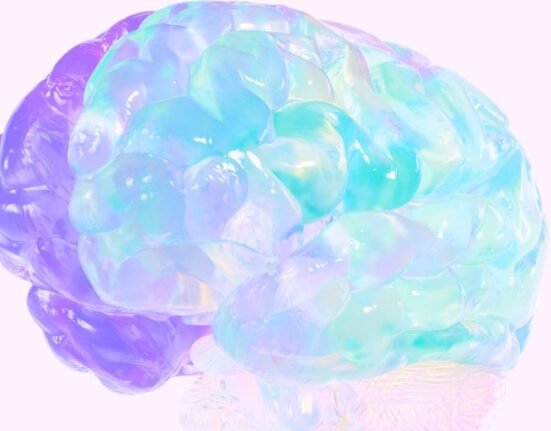HQ Team
November 24, 2023: One in five children and young people in England aged between eight and 25 had a probable mental disorder in 2023, a report by the National Health Service, a publicly-funded healthcare system, found.
The Mental Health of Children and Young People in England 2023 report, published by NHS England, found that 20.3% of eight to 16-year-olds had a probable mental disorder in 2023. Among 17 to 19-year-olds, the proportion was 23.3%, while in 20 to 25-year-olds it was 21.7%.
After a rise in rates of probable mental disorders between 2017 and 2020, prevalence continued at similar levels in all age groups between 2022 and 2023.
This year’s survey also found 5.9% of 20 to 25-year-olds had an eating disorder, while eating disorders were identified in 2.6% of 11 to 16-year-olds, compared with 0.5% in 2017 – with rates in 2023 four times higher in girls or 4.3% than boys who were at 1.0%.
Top data source
The survey is England’s top data source for trends in children and young people’s mental health and how this has changed since 2017 – covering topics such as bullying, substance use, self-harm and feelings about cost of living, education, climate change and the future.
“The NHS is providing support for more children and young people than ever before – we have already supported over 700,000 children and young people with their mental health this year and also seen a 47% increase in young people being treated for eating disorders compared to pre-pandemic,” NHS Mental Health Director Claire Murdoch said.
NHS England has rolled out 398 Mental Health Support Teams within schools and colleges to provide early support to young people with mild to moderate mental health issues – covering 35% of pupils and learners in further education.
‘No single silver bullet’
Professor Tamsin Ford, Head of Psychiatry at the University of Cambridge and one of the research leads for the new Cambridge Children’s Hospital, and one of the report’s authors, said the eating disorders were not a simple sign of more children seeking help.
“It’s a sign of more children and young people needing help. There is no single silver bullet to fixing this problem. All services working with children must pull together.”
“These are conditions to be taken very seriously. The benefit of having integrated paediatric physical and mental healthcare for children and young people diagnosed with eating disorders is huge,” said Professor Ford.
“If your condition is that severe, you need access to blood tests and the acute medical care that being on an inpatient acute paediatric ward gives you, but at the same time, you need the therapeutic environment and support that you would get in a mental health ward,” she said.
According to her mental health problems in the teenage and emerging adult years could massively impact a young person’s future trajectory in terms of education, health, employment, and social skills.








